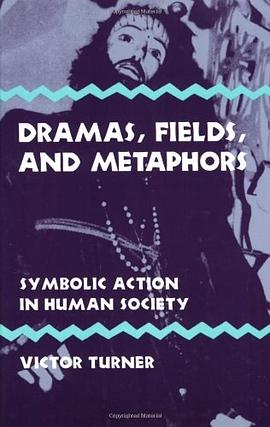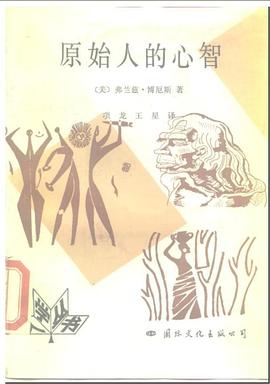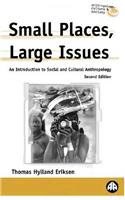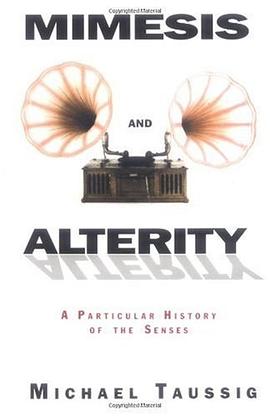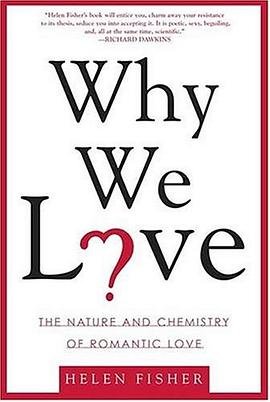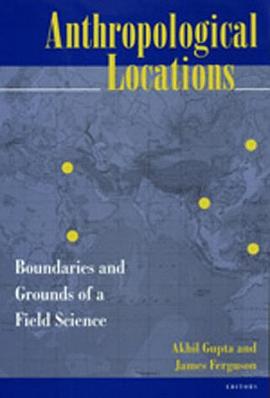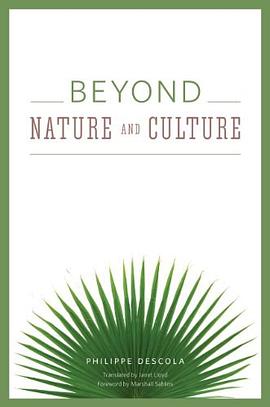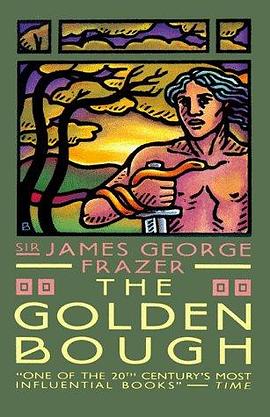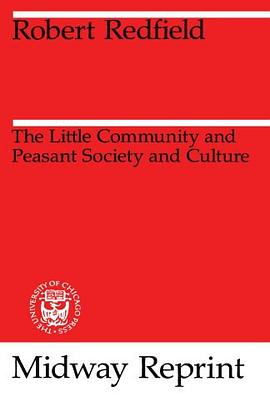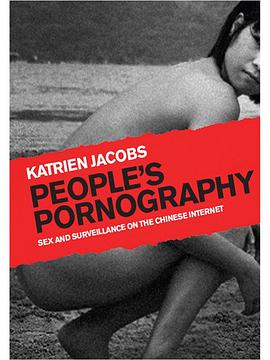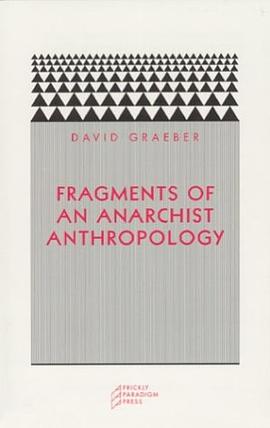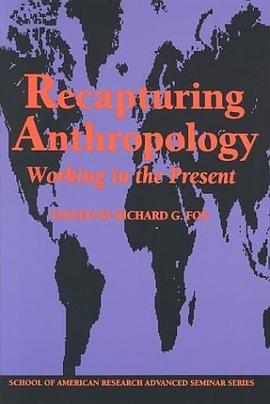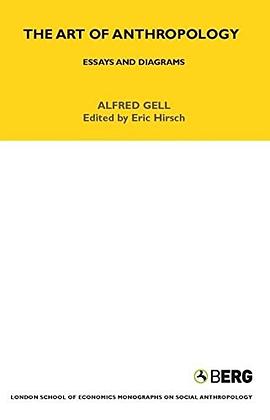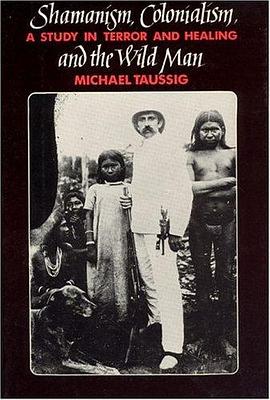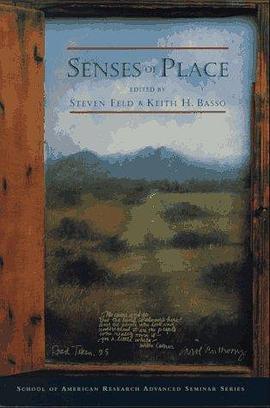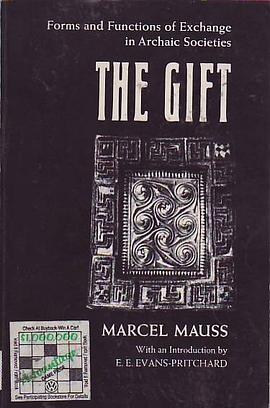

具体描述
In this classic work, Mauss argued that gifts are never "free". Rather, human history is full of examples that gifts give rise to reciprocal exchange. The famous question that drove his inquiry into the anthropology of the gift was: "What power resides in the object given that causes its recipient to pay it back?" (1990:3). The answer is simple: the gift is a "total prestation", imbued with "spiritual mechanisms", engaging the honour of both giver and receiver (the term "total prestation" or "total social fact" (fait social total) was coined by his student Maurice Leenhardt after Durkheim's social fact). Such transactions transcend the divisions between the spiritual and the material in a way that according to Mauss is almost "magical". The giver does not merely give an object but also part of himself, for the object is indissolubly tied to the giver: "the objects are never completely separated from the men who exchange them" (1990:31). Because of this bond between giver and gift, the act of giving creates a social bond with an obligation to reciprocate on part of the recipient. To not reciprocate means to lose honour and status, but the spiritual implications can be even worse: in Polynesia, failure to reciprocate means to lose mana, one's spiritual source of authority and wealth. Mauss distinguished between three obligations: giving - the necessary initial step for the creation and maintenance of social relationships; receiving, for to refuse to receive is to reject the social bond; and reciprocating in order to demonstrate one's own liberality, honour and wealth.
An important notion in Mauss' conceptualisation of gift exchange is what Gregory (1982, 1997) refers to as "inalienability". In a commodity economy there is a strong distinction between objects and persons through the notion of private property. Objects are sold, meaning that the ownership rights are fully transferred to the new owner. The object has thereby become "alienated" from its original owner. In a gift economy, however, the objects that are given are inalienated from the givers; they are "loaned rather than sold and ceded". It is the fact that the identity of the giver is invariably bound up with the object given that causes the gift to have a power which compels the recipient to reciprocate. Because gifts are inalienable they must be returned; the act of giving creates a gift-debt that has to be repaid. Gift exchange therefore leads to a mutual interdependence between giver and receiver. According to Mauss, the "free" gift that is not returned is a contradiction because it cannot create social ties. Following the Durkheimian quest for understanding social cohesion through the concept of solidarity, Mauss's argument is that solidarity is achieved through the social bonds created by gift exchange.
作者简介
Mauss was born in Epinal to a Jewish family, and studied philosophy at Bordeaux, where Émile Durkheim was teaching at the time and agregated in 1893. Instead of taking the usual route of teaching at a lycée, however, Mauss moved to Paris and took up the study of comparative religion and the Sanskrit language. His first publication in 1896 marked the beginning of a prolific career that would produce several landmarks in the sociological literature.
Like many members of Année Sociologique Mauss was attracted to socialism, particularly that espoused by Jean Jaurès. He was particularly active in the events of the Dreyfus affair and towards the end of the century he helped edit such left-wing papers as le Populaire, l'Humanité and le Mouvement Socialiste, the last in collaboration with Georges Sorel.
Mauss took up a chair in the 'history of religion and uncivilized peoples' at the Ecole Pratique des Hautes Etudes in 1901. It was at this time that he began drawing more and more on ethnography, and his work began increasingly to look like what we would today call anthropology.
The years of World War I were absolutely devastating for Mauss. Many of his friends and colleagues died in the war, and Durkheim died shortly before its end. The postwar years were also difficult politically for Mauss. Durkheim had made changes to school curriculums across France, and after his death a backlash against his students began. Like many other followers of Durkheim, Mauss took refuge in administration, securing Durkheim's legacy by founding institutions such as l'Institut Français de Sociologie (1924) and l'Institut d'Ethnologie in 1926. In 1931 he took up the chair of Sociology at the Collège de France. He actively fought against anti-semitism and racial politics both before and after World War II. He died in 1950.
目录信息
读后感
《礼物:古代社会中交换的形式与理由》评议大纲 评议基本分成这几个部分: 第一部分 莫斯与涂尔干 第二部分 列维-斯特劳斯以及后续的礼物理论 第一部分:莫斯与涂尔干 1.1 莫斯对于涂尔干的继承与发展概述 1.1.1 道德的关怀 熟悉涂尔干,甚至不需要熟悉,只需要读过一些许涂尔...
评分在《礼物》一书中,莫斯通过汇集波利尼西亚、美拉尼西亚、西北美洲和亚欧等地的古代资料,展示了一个超乎现代人现象的古式社会“礼物—交换”体系。在那里没有经济市场、以物易物,没有买与卖、借出与借入的区别,却有一整套不同于我们的交换体制和思想观念。 交换不是在个体之...
评分——致 Beth Liu。 我一直感性地认为,人类学是一门深具女性气质的学问,因为她的浪漫情怀。我对田野调查有一种天真的想象,感觉做田野工作仿佛是一只脚跨到了另一条平行的河流,尽管万物皆流,但彼此的水速又不同,但流向可能是相同的。尤其是在研究先民社会的时候,人类学...
评分在《礼物》一书中,莫斯通过汇集波利尼西亚、美拉尼西亚、西北美洲和亚欧等地的古代资料,展示了一个超乎现代人现象的古式社会“礼物—交换”体系。在那里没有经济市场、以物易物,没有买与卖、借出与借入的区别,却有一整套不同于我们的交换体制和思想观念。 交换不是在个体之...
评分原载于《社会学研究》2009年03期,作者汲喆(也是本书译者),本文转载自“社会学会社”公众号,转载有所简省。 一、涂尔干的“宗教问题” 1913年2月4日,爱弥尔·涂尔干参加了“法国哲学会”组织的一个小型辩论会,研讨的主题就是他出版还不到一年的社会学巨著——《宗教生活...
用户评价
我不得不提的是,《The Gift》的语言风格也是我深深着迷的原因之一。作者的文字如同流水般自然,又如同诗歌般优美。她善于运用意象,用简洁的词语勾勒出复杂的画面和情感。我时常会在阅读时,被某个词语、某个句子所打动,仿佛它触碰到了我内心最柔软的部分。这种语言的魅力,使得阅读本身成为一种享受,一种精神上的滋养。
评分这本书的节奏感把握得非常好,它没有急于推进情节,而是让故事在一种舒缓而又富有张力的氛围中自然流淌。我喜欢这种慢慢品味的阅读方式,就像是品一杯上好的陈年佳酿,需要时间去感受它的醇厚,去体会它的层次。每一个章节,都像是一个独立的艺术品,又与整体完美地融合在一起,构成了一幅意蕴深远的画卷。我常常会在读完一个章节后,久久不能平静,脑海中不断回放着那些细腻的描写,那些意味深长的话语。
评分这本书给我带来的,是一种长久的回味。即使已经读完,那些人物和故事依然在我脑海中萦绕。我常常会在不经意间想起书中的某个细节,某个场景,并从中获得新的感悟。它就像一位循循善诱的智者,在你迷茫时,悄悄地为你点亮一盏灯,让你看到前行的方向。我很难用简单的词语来概括它带给我的全部感受,因为它对我而言,已经超越了一本普通读物的范畴。
评分《The Gift》最令人着迷的地方,在于它似乎有一种魔力,能够将日常生活中那些被我们忽略的、微不足道的小事,提炼出它们本身的珍贵。作者没有刻意去渲染戏剧性的冲突,也没有设置过于离奇的桥段,而是专注于那些在生活中悄然发生,却足以改变一个人一生的细微之处。我常常会在阅读某个章节时,突然停下笔来,陷入沉思。我开始回味起自己生活中那些看似平凡的时刻,那些被我轻易忽略的善意,那些我未曾察觉的成长。这本书让我重新审视了“给予”这个概念,它不仅仅是物质上的馈赠,更是一种精神上的传承,一种情感上的链接,一种生命中不可或缺的养分。
评分我特别欣赏作者对人物心理的刻画,那种细腻入微,仿佛能洞察人物灵魂深处。她笔下的每一个角色,即使是那些出场不多的配角,都显得鲜活而真实,拥有自己的故事和内心世界。我常常会幻想他们的生活,猜测他们的过往,甚至为他们的命运而牵挂。这种沉浸式的阅读体验,是许多书籍难以给予的。读《The Gift》的时候,我感觉自己不再是一个旁观者,而是参与到了这个故事之中,和他们一起呼吸,一起感受。
评分总而言之,《The Gift》是一本值得反复品读的书。它的魅力在于它的含蓄,它的深刻,以及它所传递出的那种普世的情感。我无法准确地预测它会带给每一个读者怎样的体验,但可以肯定的是,它一定会触动你内心深处某种难以言说的东西。这本书没有轰轰烈烈的爱情,也没有惊心动魄的冒险,但它却能以一种不动声色的力量,改变你对生活、对人性的理解。它就像一份沉甸甸的礼物,需要你用心去拆开,去感受,去珍藏。
评分《The Gift》给我最大的启示,在于它让我重新思考了“失去”与“获得”之间的辩证关系。有时候,我们以为失去了一件重要的东西,但实际上,那可能正是我们获得新生的开始。作者用一种极其温柔而又深刻的方式,探讨了这一主题。我能感受到字里行间传递出的那种宿命感,以及在这种宿命面前,人物所展现出的坚韧和成长。这种力量,是无声的,却又是极其强大的,它能够穿越时间和空间,直击人心。
评分随着阅读的深入,我渐渐被书中人物之间那看似不经意的互动所吸引。那些对话,常常是寥寥数语,却蕴含着千钧万钧的情感重量。我能感受到字里行间涌动着的爱意、失落、渴望,以及那些难以言说的复杂的情绪,它们被一种不动声色的方式包裹着,需要读者去剥开层层伪装,才能触及到那颗跳动的心脏。我曾一度怀疑,作者是不是在偷窥我的内心世界?因为书中描绘的某些场景,某些人物在面对困境时的挣扎,抑或是他们微小的、不为人知的温柔瞬间,都让我产生了强烈的共鸣。那种感觉,就像是你在黑暗中摸索,突然间,一束微光穿透了云层,照亮了你前行的道路,也让你看到了自己内心深处的影子。
评分这本书的封面上,那简练而略带神秘的标题“The Gift”,便如同一枚投入平静湖面的石子,在我心中激起了层层涟漪。我一直对那些能在文字间传递出深刻情感,却又不直接点破,而是留给读者自己去体悟的作品情有独钟,而《The Gift》恰恰具备了这样的特质。初翻开时,它并未以宏大的叙事或跌宕起伏的情节抓住我的眼球,反而是以一种极其细腻、近乎耳语的方式,缓缓地将我拉入一个既熟悉又陌生的世界。作者的笔触是如此的轻柔,仿佛是怕惊扰了某些潜藏在字里行间的微妙情感,又仿佛是在小心翼翼地抚摸着那些易碎的、珍贵的内心体验。我无法准确地描述它给我带来的最初感受,或许更像是走入一个弥漫着淡淡香气的房间,你辨不清香气的来源,却能清晰地感受到它的存在,以及它所营造出的那种宁静而又引人深思的氛围。
评分在我看来,《The Gift》不仅仅是一本小说,它更像是一面镜子,映照出我们内心深处最真实的渴望和最脆弱的部分。我会在主人公的某个选择中看到自己的影子,在他们面临的困境中感受到同样的无助,也在他们最终释然的时刻,获得一种莫名的慰藉。作者的叙事手法是如此的巧妙,她并不直接告诉你应该如何做,而是通过故事的发展,引导你自行思考,自行感悟。这种“不教而教”的方式,让我觉得与这本书的关系更加亲密,仿佛我们之间形成了一种默契,一种无需言语的理解。
评分看到结尾又一番对人类美好未来的憧憬,可惜这1967年到现在都过去40多年了,人类的境况并不因莫斯你的分析和呼唤而有丝毫变好,反而越来越糟了。这不免让我产生对学术效力的再次怀疑。。莫斯你泉下也别伤心了。
评分非常有意思,虽然是armchair的典型,但Mauss能用gift exchange解释整个社会结构乃至哲学意义上社会的产生与发展真是有够强的
评分看到结尾又一番对人类美好未来的憧憬,可惜这1967年到现在都过去40多年了,人类的境况并不因莫斯你的分析和呼唤而有丝毫变好,反而越来越糟了。这不免让我产生对学术效力的再次怀疑。。莫斯你泉下也别伤心了。
评分人类学经典名著,专业必读
评分人类学经典名著,专业必读
相关图书
本站所有内容均为互联网搜索引擎提供的公开搜索信息,本站不存储任何数据与内容,任何内容与数据均与本站无关,如有需要请联系相关搜索引擎包括但不限于百度,google,bing,sogou 等
© 2026 book.wenda123.org All Rights Reserved. 图书目录大全 版权所有

